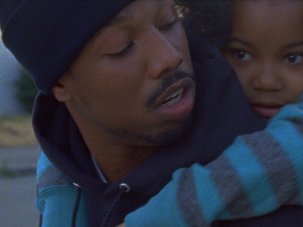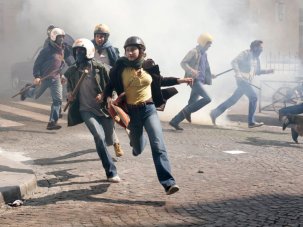Web exclusive
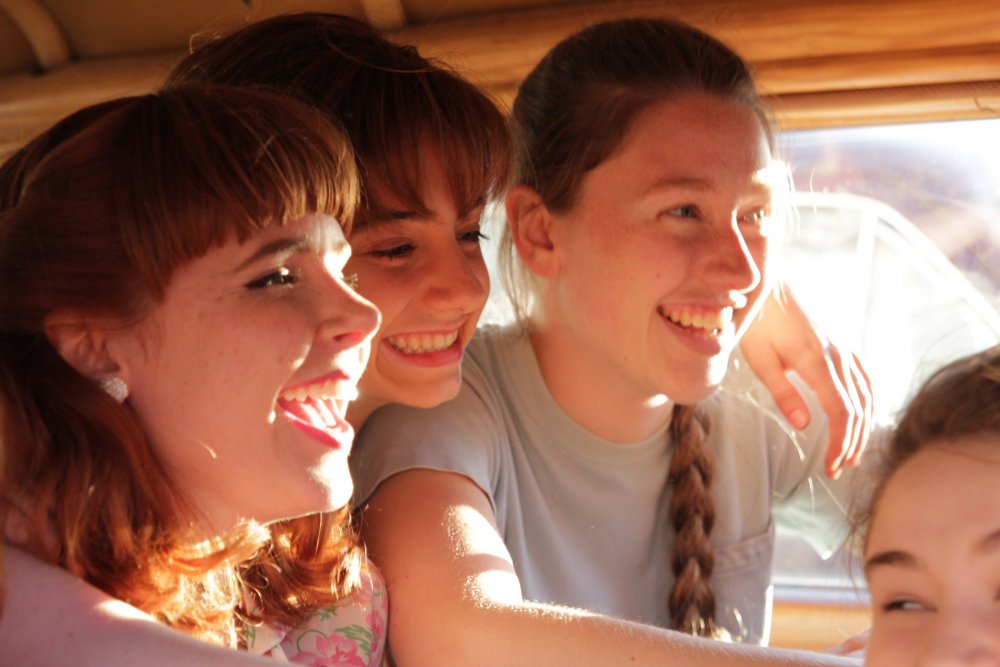
It was a case of love at first read. Whilst editing his Palme d’Or-winning secondary-school drama The Class, Laurent Cantet was given a copy of the American writer Joyce Carol Oates’s novel Foxfire, which recounts the story of a proto-feminist gang of working-class teenaged girls in an upstate New York town during the 1950s. Effectively abandoned by their parents and tired of being humiliated by members of the opposite sex, whether at school or in the wider local community, they form the ‘Foxfire’ collective, and begin fighting back symbolically and literally against their male oppressors.
“The book immediately seduced me”, recalls the composed, 52-year-old writer-director, who prefers to conduct press interviews in his native French. “It explored the themes of struggle and resistance, which I’ve always been interested in. Also, the energy of the group of adolescents I had worked with on The Class had given me the desire to confront another group of adolescents; strangely I thought of the faces of young women like Esmerelda from The Class when I was thinking of the central character of Legs in Foxfire. And the 1950s in America seemed a rich era for me to experiment with in terms of reproducing it.”
Yet, like Rainer Werner Fassbinder in his ‘FRG’ historical trilogy (The Marriage of Maria Braun, Lola and Veronika Voss), Cantet is less interested in dutifully recreating ‘how it really was’ than in exploring how past and present illuminate one another. Certainly as a period drama, the modestly budgeted and digitally photographed Foxfire is a far cry from the cycle of ‘heritage’ films produced by French directors in the 1980s, with their lavish production values, pictorialist aesthetics and name actors.
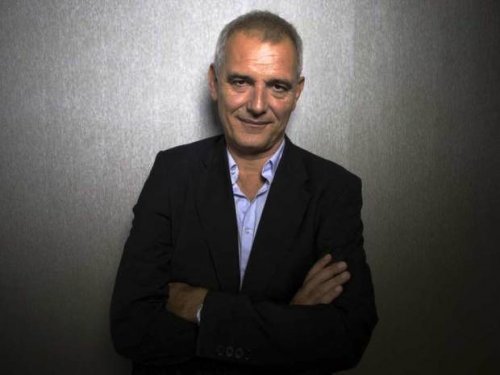
Laurent Cantett
“I think Foxfire is an anti-heritage film,” says Cantet, smiling. “Partly I was helped by the fact that Joyce’s novel avoids romanticising adolescent revolution, because the image she gives of this group of girls isn’t particularly romantic: it’s quite violent and despairing. We tried to make the film in the present, so to speak, not to mythologise the American 50s, as cinema has so often done. We wanted to create decors that were clearly from and of the 50s, but we didn’t want that to be the subject of the film. Too often I find period films seem to have the need to prove that they have been well made, and feel like museum pieces.
“The key principle,” he continues, “was to create bridges between the two eras of the 50s and the present. For me the film is all about today’s world – it addresses today’s realities, and making it was a way of addressing today’s social and political questions. It’s terrifying that problems such as violence against women and the underprivileged are still there. The girls in the gang are like the little sisters of the Pussy Riot protesters. You can see parallels with the young people protesting in recent years on the streets of Madrid, London and New York, or in the Femen group. I heard somebody on the radio the other day say ‘Femen never regrets’, and that’s the same as Foxfire.”
“For me the film is all about today’s world – the girls in the gang are like the little sisters of the Pussy Riot protesters.”
Integral to the process of bridging those two eras is the other-worldly character of Father Theriault (Gary Reineke), whom Legs (Raven Adamson) and the narrator Maddy (Katie Coseni) encounter on a park bench in the early stages of their organised group resistance.
Theriault, a communist veteran of the 1917 Russian revolutions, is, according to Cantet, “not so much real person as someone who represents pure conscience. When you’re an adolescent, one needs help to structure one’s thoughts. Theriault occupies the mythical space of revolution and he has, to a degree, uncoupled from the world. There’s a sense of exultation in his manner of speaking, which both attracts Legs and almost scares her. His statement that ‘Happiness lies in action’ defines the story of Foxfire, as does his comment about the obligation laid down by society to be happy. What he says in these few sentences is very important for the political conscience of these young women, and they try to apply his principle of ‘from each according to their means and to each according to their needs’ to their daily collective life.”
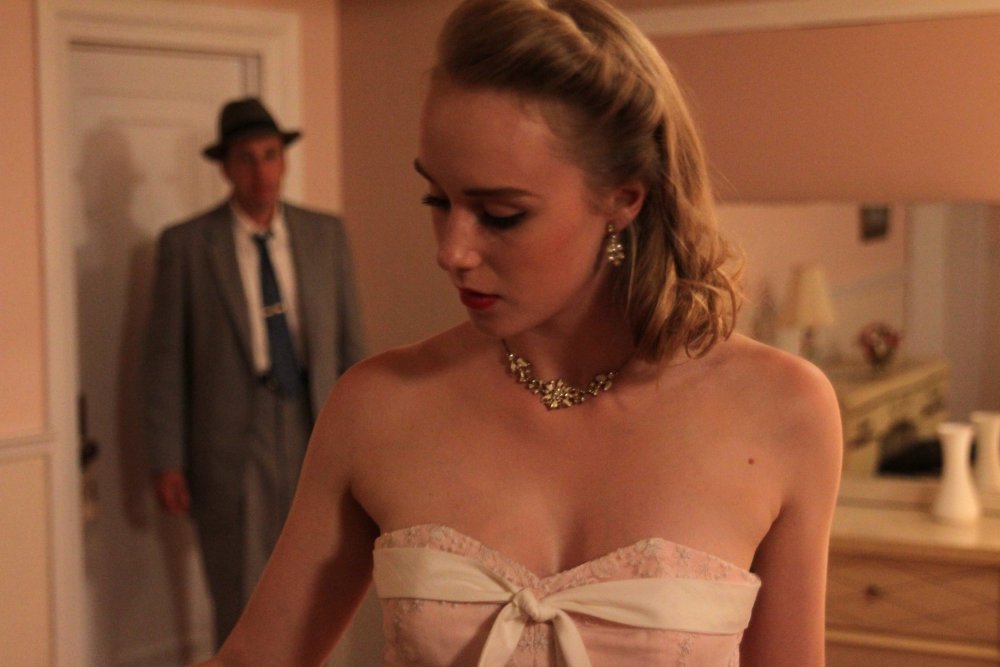
Oates’s source novel had previously been filmed in 1996 by Canadian director Annette Haywood-Carter, whose cast included a young Angelina Jolie in the role of Legs. Cantet reveals that he deliberately avoided watching the whole of this version, which was transposed to the 1990s Pacific North West, because “I wanted to be free as possible from their interpretation of the material. I did see a few clips and the trailer: my sense was that the earlier film saw these girls’ experiences as a sort of adolescent adventure. What interested me was the maturity these young women reach as a result of their experiences.”
Right from his debut feature Human Resources, a low-key account of a father-son conflict within an industrial environment, Cantet has been a filmmaker who fuses the personal and the political whilst favouring a ‘realist’ visual aesthetic. The critical and commercial success of The Class, however – it attracted over 1.5 million spectators in France – seems to have given the director a renewed confidence in his collective working methods, despite the extra difficulties imposed by filming Foxfire in English. Before the shoot he spent some six months in Toronto, auditioning several hundred teenagers to play the group, and choosing for the group just one – Tamara Hope, who plays the daughter of the kidnapped industrialist Kellogg – who had any prior professional acting experience.
“It’s difficult to describe the process of casting”, says Cantet. “Very often I’m carried along by the sympathy for people I discover during the process itself. And it was often the enthusiasm and the energy of the individuals that was important in assembling this group. At some point you have to make a decision about who to pick, which can feel almost arbitrary. Then after choosing the individuals, we spent two whole weeks rehearsing and improvising and becoming familiar with the script, and integrating into the scenario things that they suggested to me. There’s a lot of work involved in building mutual trust – but it seemed to create a desire in these teenagers to merit this confidence.”
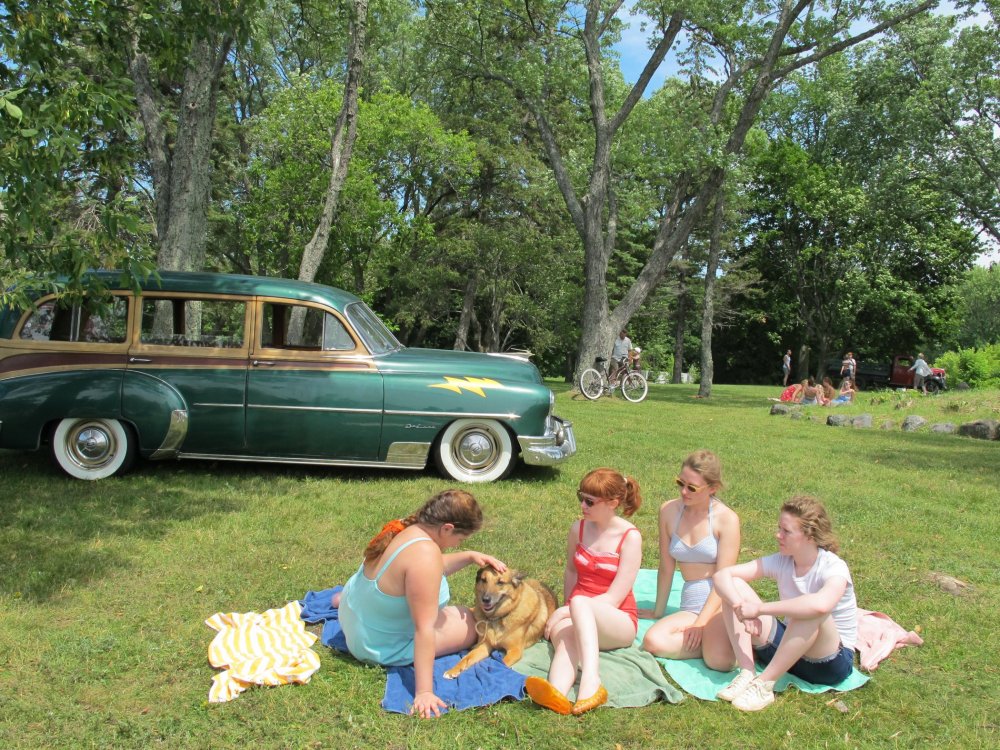
As with The Class, Cantet and his regular director of photography Pierre Milon used two HD cameras simultaneously, removing the necessity of traditional shot/reverse-shot set-ups and allowing the actors much greater freedom within individual scenes. “I wanted to make a period film as freely as I would make a contemporary film, and being able to print out and edit footage at the end of the day reassured me that was I was doing was working,” he says.
Next up for Cantet is collaboration with the Cuban novelist Leonardo Padura, who wrote several segments of the portmanteau Seven Days in Havana, to which Canet contributed a comic episode. Rather than discovering adolescent French and Canadian non-professionals, Cantet this time will be relying on established Cuban film and theatre actors, although there is again a political dimension to the project.
“The milieu of the film is similar to that of the actors in real life”, he reveals. “It’s a modest film, with just one setting, a roof terrace in Havana. It’s about a lost generation of Cuban artists, who believed in the revolution, and their hopes and memories. We’ve written the scenario, and found the actors. We tried to shoot it this summer, but we couldn’t get the money together in time. Now it’s the rainy season, so hopefully we’re going to start shooting this December, instead.”
And in the September 2013 issue of Sight & Sound

Film of the month: Foxfire
Reviewed by Lisa Mullen.




